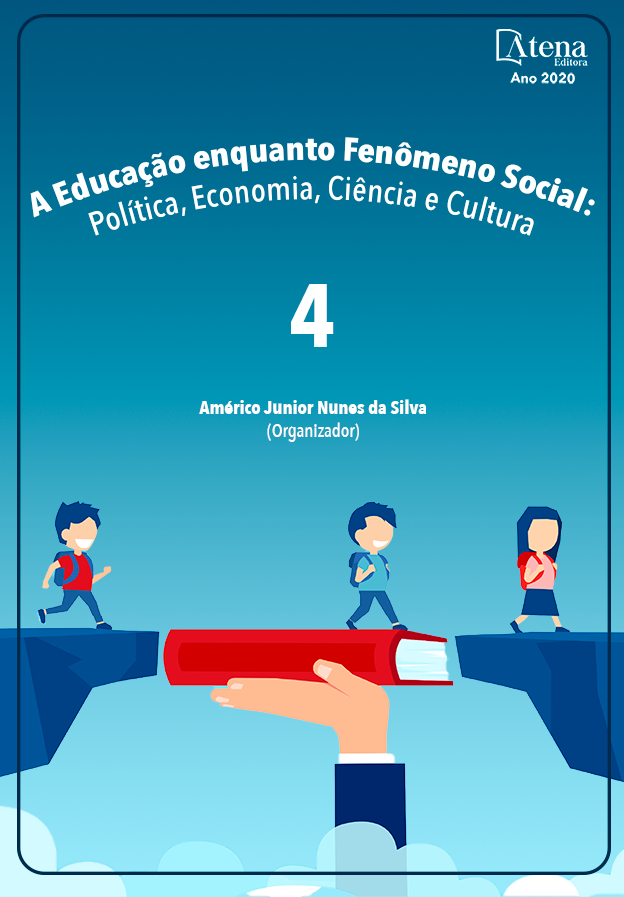
HABITUS PROFESSORAL E ALTERIDADE NA TRAJETÓRIA DA PROFESSORA MARIA DA GLÓRIA SÁ ROSA
O presente artigo busca investigar como a relação de alteridade (nós e os outros) constitui o ser professor (habitus professoral). Para tanto, analisou-se a história de vida da professora aposentada Maria da Glória Sá Rosa e como a relação de alteridade influenciou sua constituição docente. O referencial teórico que embasa essa análise conta com a teoria bourdieusiana e conceitos da antropologia, em especial, o conceito de alteridade. A história de vida foi acessada por meio de CD-ROM anexo à obra "Episódios do Passado: narrativas de professores aposentados da Universidade Federal de Mato Grosso do Sul", em que foram disponibilizadas as transcrições de entrevistas realizadas com diversos professores aposentados da UFMS, em uma pesquisa ampla que teve como objetivo recontar a história da criação da Universidade sob a perspectiva dos professores aposentados. Nesse artigo, lançou-se um outro olhar para os dados, centrando a análise na questão da alteridade e da formação do habitus professoral. Como resultados, aponta-se que as relações familiares e escolares, bem como modelos de professores que provocavam a admiração e o respeito, contribuíram para a construção, na professora Maria da Glória, de um olhar sobre a educação e sobre si mesma que lhe permitiu perceber os contrastes e as semelhanças entre o "eu e o outro" e estabelecer um habitus professoral que fugia ao tradicional, utilizando métodos pedagógicos em que o aluno era sujeito ativo do aprendizado. Concluiu-se que observar as questões que envolvem as relações de alteridade, vivenciadas em ambiente familiar e social, constitui-se em um importante instrumento a favor da formação de professores que respeitem e ensinem a respeitar a diversidade, contribuindo para minimizar os problemas relacionados ao preconceito e discriminação, comuns ao ambiente escolar.
HABITUS PROFESSORAL E ALTERIDADE NA TRAJETÓRIA DA PROFESSORA MARIA DA GLÓRIA SÁ ROSA
-
DOI: 10.22533/at.ed.2732003117
-
Palavras-chave: Alteridade; Habitus Professoral; História da Educação
-
Keywords: Alterity; Professorial Habitus; History of Education.
-
Abstract:
This article seeks to investigate how the relationship of alterity (us and others) constitutes being a teacher (habitus professorial). To this end, the life history of retired teacher Maria da Glória Sá Rosa was analyzed and how the relationship of otherness influenced her teacher constitution. The theoretical framework that underlies this analysis count with Bourdieusian theory and the concepts of anthropology, in particular, the concept of alterity. The life story was accessed through a CD-ROM attached to the book "Episodes from the Past: narratives of retired professors from the Federal University of Mato Grosso do Sul", in which the transcripts of interviews with several retired professors from UFMS were made available, in a broad survey that aimed to retell the history of the creation of the University from the perspective of retired teachers. In this article, another look at the data is launched, focusing the analysis on the question of alterity and the formation of the professorial habitus. As a result, we point out that family and school relationships, as well as teacher models that provoked admiration and respect, contributed to the construction, in Professor Maria da Glória, of a look at education and about herself that allowed her to perceive contrasts and similarities between the "me and the other" and to establish a professorial habitus that escaped the traditional, using pedagogical methods in which the student was an active subject of learning. It was concluded that observing the issues surrounding the relationships of alterity, experienced in a family and social environment, constitutes an important instrument in favor of the formation of teachers who respect and teach to respect diversity, contributing to minimize the problems related to the prejudice and discrimination, common to the school environment.
-
Número de páginas: 12
- Gustavo Henrique Gonçalves Maria


